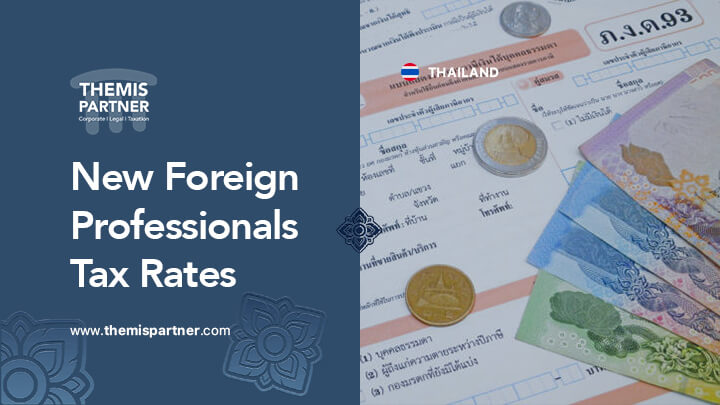The Civil Code does not impose any regulation regarding the nationality of the directors of a Thai company. It is therefore possible for a foreigner to be appointed as a director of a company, however, a work permit and a business visa must be requested in order for him/her to exercise his/her management powers within the structure and with the competent authorities.
The director will have several functions within a company. As mentioned above, a manager’s main function is the management of his company, therefore he will have a decision-making power as well as a so-called supervisory power.
Indeed, one of the most important powers of the manager is the decisional power including the power of signature. Indeed, the director has the capacity to commit the company through different acts concerning the current management of the company in accordance with its interest. Moreover, it should be noted that he can delegate this authority to an employee by proxy. You can use our power of attorney template for this purpose.
The power of the director can however be limited by the intermediary of the statutes. Indeed, the partners can provide that certain decisions require the prior authorization of the partners. In addition, other powers can be cited:
A director will benefit from various powers, however, he or she must comply with certain obligations. The legal obligations of a director are the following:
In business, officers must exercise the diligence of a prudent businessman. Specifically, the duties of an officer require managing the affairs of the corporation as a decent and conscientious businessman.
In addition, officers must comply with laws, objectives, bylaws, shareholder resolutions, and observe, monitor and control. Non-compliance will result in the liability of the director. Also, the director must act in good faith and in the best interest of the company avoiding any conflict of interest or competition. Fraud or dishonesty will engage the liability of the director. With respect to the duty of disclosure, the officer must provide accurate, adequate, truthful and timely information to the shareholders. Inaccurate, misleading statements and omissions will engage the liability of the executive.
It is possible for any officer to resign by sending a letter of resignation to the company. The resignation will be effective as of the date the letter of resignation is received by the corporation. The letter of resignation must include the officer’s statement terminating his or her status as a director of the corporation and signed by the resigning director.
In addition, the business partners may decide to terminate the manager for cause. A director can be removed from office by a resolution passed at a general meeting.
An officer who fails to perform his or her duties is liable and may be held liable. Under Thai law, where a director has caused damage to the company, the company itself, its shareholders, or its creditors may bring an action against the director. The latter may engage the civil liability or criminal liability of the director.
Directors are liable for any breach of any duty that causes damage to the company and/or a third party. The payment of a fine will be ordered when civil liability is incurred. This liability may be incurred two years after the director leaves office. An exemption may be granted if the director has obtained prior approval from the general meeting so the director is not liable for said acts to the shareholders who approved them, nor to the company.
Acts or omissions specifically designated as criminal offenses by law under Thai law will incur criminal liability of the director. The criminal sanction will involve penalties such as fines, imprisonment or both. For example, the failure of the director to fulfill his or her duties by fraud, defamation or falsification of documents will result in a finding of a criminal dispute. Criminal offences are punishable by a prison sentence of 5 to 10 years and/or a fine of 500,000 to 1,000,000 baht.
In conclusion, the director of a Thai company must recognize his role and powers in order to avoid any breach of duty. We invite you to consult our lawyers in Bangkok if you need any advice or help with your duties.











